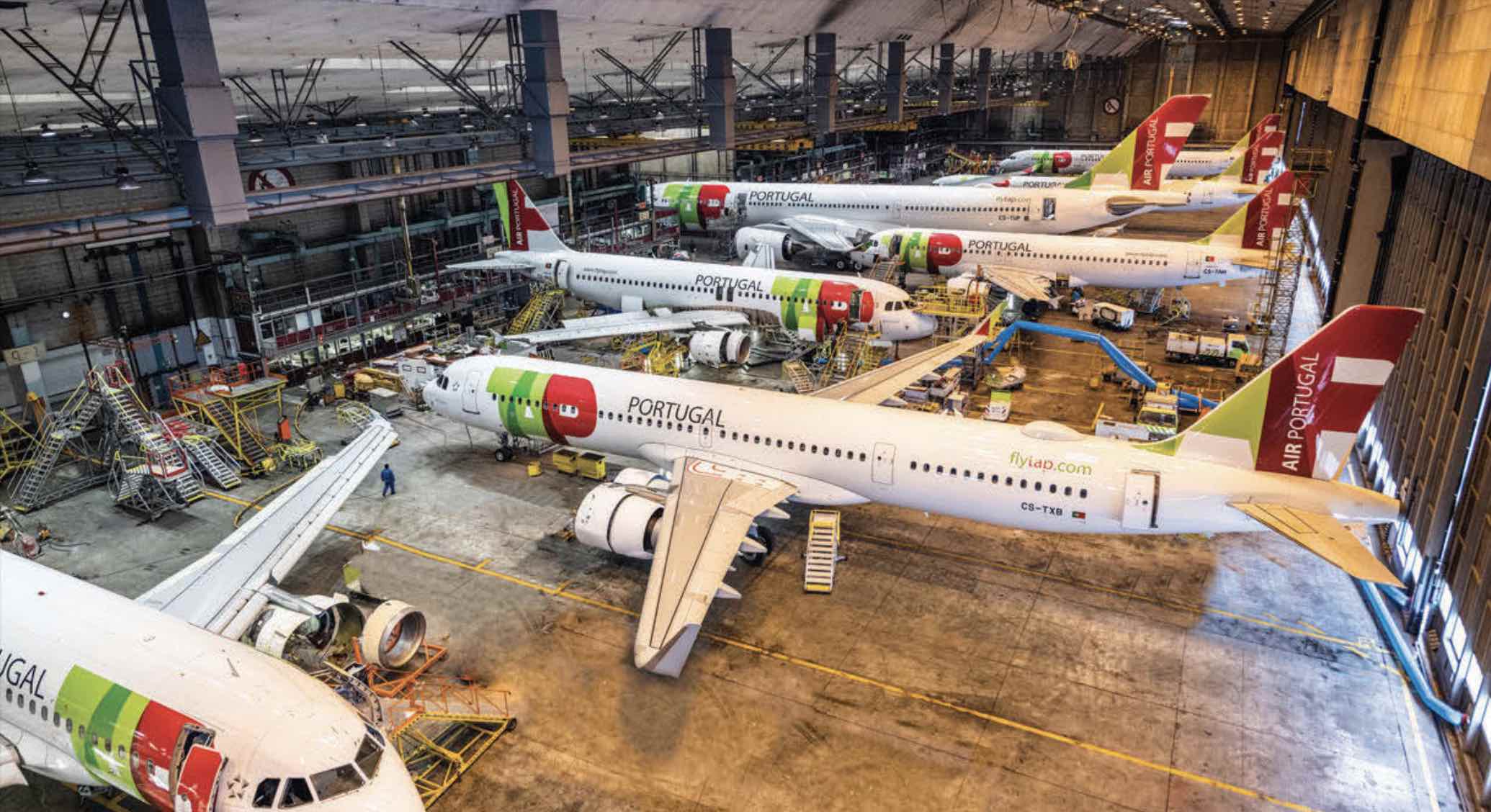Portugal Moves To Sell 49.9% Stake in TAP Air Portugal — Who Will Buy?

The Portuguese government is reviving efforts to privatize TAP Air Portugal, aiming to sell up to 49.9% of the national carrier by early 2026. This marks the second attempt in just a few years to offload a stake in the struggling airline, and this time around, the government is hoping one of the European mega-carriers bites.
Portugal Moves Forward With TAP Air Portugal Privatization, But Who Will Buy?
Portugal’s new center-right government is reopening the process with a more “open and flexible” approach, but still wants to maintain majority control, at least for now.
Finance Minister Joaquim Miranda Sarmento said Lisbon is seeking “a strategic partner” with aviation expertise, adding that the aim is not just to raise capital but to “develop TAP” into a more globally competitive airline. No surprise there. (Every airline sale promises “synergies” and “growth,” right up until the layoffs and route cuts begin)
TAP was previously 61% publicly owned, with a 5.9% stake in the hands of workers. The government intends to retain a majority stake, but selling just under 50% still leaves plenty of room for outside influence. All three major European carriers, including Air France-KLM, IAG, and Lufthansa, have shown interest.
A Strategic Fit For Lufthansa Or Air France-KLM?
Lufthansa has long been rumored to be the most likely suitor. TAP’s Lisbon hub offers a strong gateway to Brazil and other Portuguese-speaking markets, a region Lufthansa has been eyeing more aggressively as it expands its global network.
But there’s a wrinkle: Lufthansa is still in the middle of digesting its ITA Airways acquisition in Italy. The ink is barely dry on that deal. Would Lufthansa really jump into another politically sensitive, loss-prone national carrier right now?
My analysis is absolutely yes, if for no other reason than to keep Air France-KLM from acquiring it. Air France-KLM just announced intentions to acquire a majority stake in SAS and would love to have strength in both northern and southern Europe.
Both the Lufthansa Group and Air France-KLM strike me as more than happy to take on the risk of a traditionally troubled flag carrier to keep the other from doing so.
An IAG acquisition appears less likely since there would be a lot of route overlap with Iberia and its hubs in Madrid (MAD) and Barcelona (BCN).
> Read More: Air France-KLM Set To Become Majority Owner Of SAS
A Weak Airline With Strong Geography
TAP may not be a world-class airline by most measures. Its customer service is uneven. Its fleet is modern but limited. Its operations are patchy. But it sits on valuable geographic turf: Lisbon is ideally positioned for transatlantic and African connectivity, and TAP’s long-haul routes to Brazil remain among its strongest assets.
The question is whether that’s enough.
Portugal’s government has tried to prop up the carrier with subsidies and cost-cutting measures in recent years. At one point, the EU approved nearly €3 billion in aid to keep TAP afloat during the pandemic. But time has run out, and Brussels has made it clear: privatization is the path forward.
Even though TAP declared a profit last year, it was only €53 million, a 70% decrease from 2023 record profit of €177 million. Legacy labor costs remain a huge concern for the viability of the carrier.
CONCLUSION
TAP is officially back on the market. Portugal wants to sell nearly half the airline, retain control, and still find a strategic partner willing to invest heavily and expand service. That’s a tough sell, but I expect Air France-KLM, IAG, and Lufthansa all to step forward.
TAP’s long-haul network to Brazil, its Lisbon hub, and its potential integration into a wider alliance make it attractive. Will Star Alliance soon lose another member, or will we see TAP join the widening Star Alliance Atlantic Joint Venture?
image: TAP Air Portugal